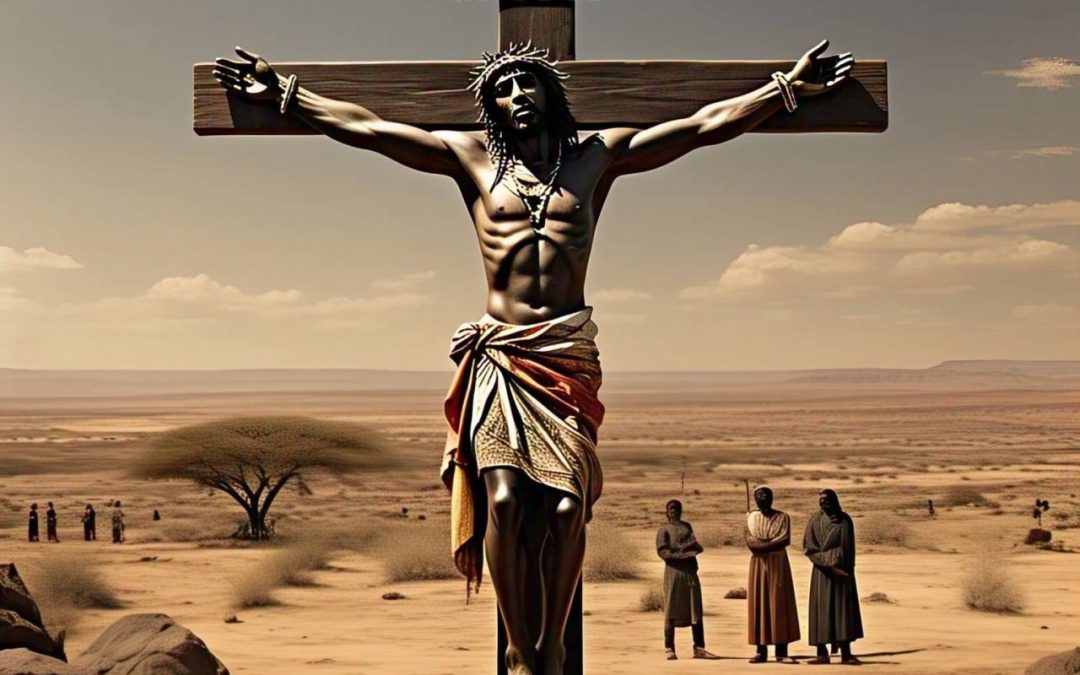The cross represents the antithesis of worldly power. Roman crucifixion was designed not merely to kill but to humiliate, to demonstrate imperial might by reducing victims to objects of public shame. Yet it is precisely this instrument of domination that becomes, in the Christian narrative, the supreme revelation of divine power. As Paul writes to the Corinthians, “The message of the cross is foolishness to those who are perishing, but to us who are being saved it is the power of God” (1 Corinthians 1:18).
What kind of power manifests in crucifixion? Not coercive power that controls through force, but transformative power that operates through self-giving love. On the cross, God in Christ absorbs violence rather than perpetuating it, suffers injustice rather than inflicting it, and experiences abandonment rather than abandoning humanity. This represents power reframed as capacity for relationship rather than capacity for control.
The scandal of the cross lies in its revelation of divine vulnerability. The philosophical assumption that God must be impassible—incapable of suffering—collides with the crucified Christ. In Jesus’s cry, “My God, my God, why have You forsaken me?” (Mark 15:34), we encounter not divine detachment but radical solidarity with human experience.
Lutheran theologian Jürgen Moltmann articulates this as “the crucified God,” suggesting that the cross reveals something essential about God’s nature, not merely a temporary disguise. If, as Christians confess, Jesus fully reveals God’s character, then divine power must fundamentally include the capacity for vulnerability, suffering, and self-limitation.
This understanding of power displayed through vulnerability reshapes Christian ethics and praxis. It suggests that the church witnesses most authentically to divine power not through domination, wealth, or influence, but through solidarity with the suffering, service to the marginalized, and willingness to bear the cost of love.
For believers, the cross challenges the idolatry of self-protection. If God’s ultimate power manifests in self-giving, disciples cannot claim to follow this God while organizing their lives around self-preservation. The way of the cross invites participation in divine vulnerability—not as masochism, but as the pathway to authentic relationship and transformative presence in a broken world.
Prayer
God of astonishing power, who chose vulnerability over force, relationship over domination, and love over self-protection:
We stand before Your cross in wonder. Where we expected demonstrations of might, You gave demonstrations of mercy. Where we anticipated conquest, You offered compassion.
Forgive us for seeking power that elevates us above others, when Your power lifts others toward wholeness. Forgive our pursuit of security that insulates us from the world’s pain, when You entered that pain to transform it.
By Your Spirit, crucify in us the desire to control rather than connect, to dominate rather than serve, to preserve ourselves rather than pour ourselves out.
May we discover in the shadow of Your cross that true strength flows from surrender, that authentic power manifests in love, that Your seemingly foolish weakness Transforms more deeply than all our might.
As we follow Your cruciform way, make us vessels of Your paradoxical power, not to be served, but to serve; not to grasp, but to give; not to avoid suffering, but to transform it through the mystery of resurrection love.
Amen.


Recent Comments